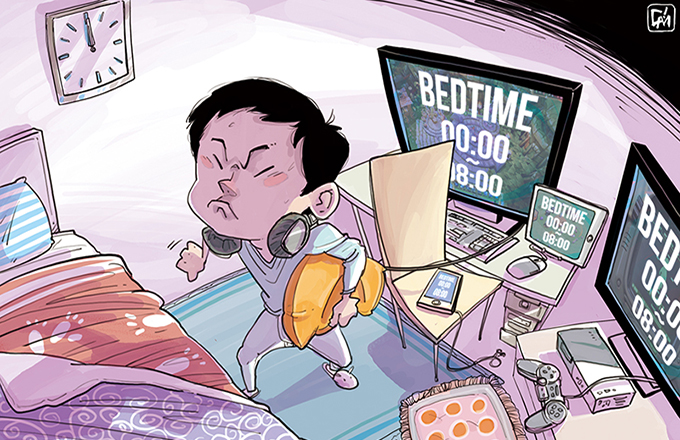Scholar who had the courage to tell the truth
 |
|
Born in Changzhou of East China's Jiangsu province on January 13 1906, Zhou was previously an economist working on Wall Street before becoming a linguist.[Photo/IC] |
THE SCHOLAR Zhou Youguang, who created pinyin, the system for Romanizing Chinese, died on Saturday, one day after his 112th birthday. Beijing News commented:
Like many of the cultural figures of his generation, Zhou suffered a great deal during the Cultural Revolution (1966-76), during which his house was occupied and he was forced to labor in a poor rural region. As he said, "Waves of history have broken almost all my plans for my life."
Yet he stood firm against these waves. He drafted the plan for the phonetic pinyin for Chinese characters in the 1950s and continued his linguistic studies until he was 85 years old in 1990; then he started to show concern for international and national affairs. Even after reaching the age of 100, he published at least five books and authored dozens of long articles, each of which had great influence.
What makes his books and articles special is his courage to speak his mind whenever he was not satisfied with the reality. He blamed the rampant "masters" of traditional Chinese culture, argued that the truth should be sought through debate, and insisted that studying traditional Chinese culture should not lead to rigid following of the dead regulations of the feudal past. He was a warrior and he was proud of that; as reflected in his famous quote "I am old enough to tell the truth".
That's what makes Zhou special. He had his principles and he stuck to them, without blindly following the trends of the times. He was critical at times, because he wanted things to be better. We pay tribute to him, not only because of his knowledge and wisdom, but also because of his courage and sense of justice.



















